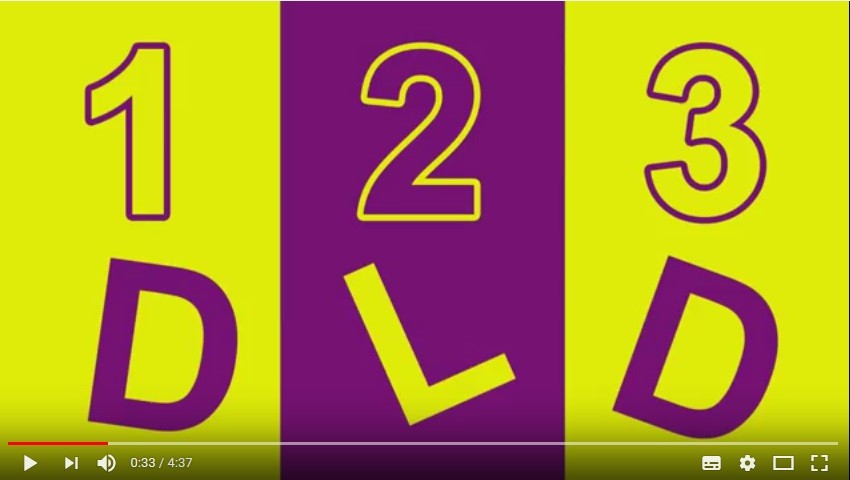Academics end 200-year confusion on diagnosis of ‘hidden’ child condition
New terminology, developed following a five year campaign by academics across the UK, is set to end 200 years of confusion in diagnosing a distressing disorder affecting two children in every classroom.
The academics – including Professor Gina Conti-Ramsden from The University of Manchester – agreed a new terminology for the hidden condition that can affect every aspect of communication with lasting impact on emotional and educational development of children.
The news follows a five-year campaign by ‘Raising Awareness of Developmental Language Disorder’ (RSDLD), to raise awareness of language difficulties that reach more than half a million people globally.
The academics agreed a new, streamlined terminology to make what is often seen as a ‘hidden condition’ easier to diagnose and ensure those affected receive specialist help.
They hope that Developmental Language Disorder (DLD) will become the consensus term for language difficulties which cause difficulties with spoken language, language understanding, communication, and reading - with high risk of dyslexia.
According to ‘The Manchester Language Study’, led by Professor Conti-Ramsden, 40% of those with DLD said that by age 16 they had difficulties interacting with their peers with half experiencing bullying during their childhood.
Other research has found teenagers with DLD were more than twice as likely to report symptoms of depression as their typically developing peers.
Most commonly, those affected are mistaken as being inattentive, having more general learning difficulties or poor behaviour.
Without diagnosis and specialist support, the impacts of DLD can last into adulthood by increasing the risk of unemployment and reducing the opportunity to be independent.
It follows earlier research finding that despite nearly 200 years of professionals identifying language problems, there is poor public awareness of the condition relative to the frequency and severity of DLD.
Many children and young people with language difficulties struggle in many aspects of their life including school, friendships and how they think about themselves. They are often mistaken as being “naughty” showing poor behaviour or “not trying hard enough” when they don’t understand what is said to them.
Gina Conti-Ramsden, Professor of Child Language and Learning and Director of the Manchester Language Study, The University of Manchester said: “Many children and young people with language difficulties struggle in many aspects of their life including school, friendships and how they think about themselves.
“They are often mistaken as being “naughty” showing poor behaviour or “not trying hard enough” when they don’t understand what is said to them. Many labels have been used to refer to these individuals and this has created confusion.
“Developmental Language Disorders (DLD) is the new streamlined term that will help us diagnose and support children and young people with this common but hidden condition”.
Sophie, 37 said: “I was diagnosed with DLD when I was young. I’ve had great support from my parents, and specialist schooling and support including from speech and language therapists, so I have been able to succeed in more than I would ever expect. But, it is always there in my life, and something I have to find strategies to get by. I wish I could do things that other people could do, and take things in and remember things when told the first time. Having DLD does get me down. It causes me to have anxiety and low self-esteem.”
By increasing awareness and recognition of DLD, the team aim to ensure any child affected is able to access specialist speech and language therapy and support they need.



